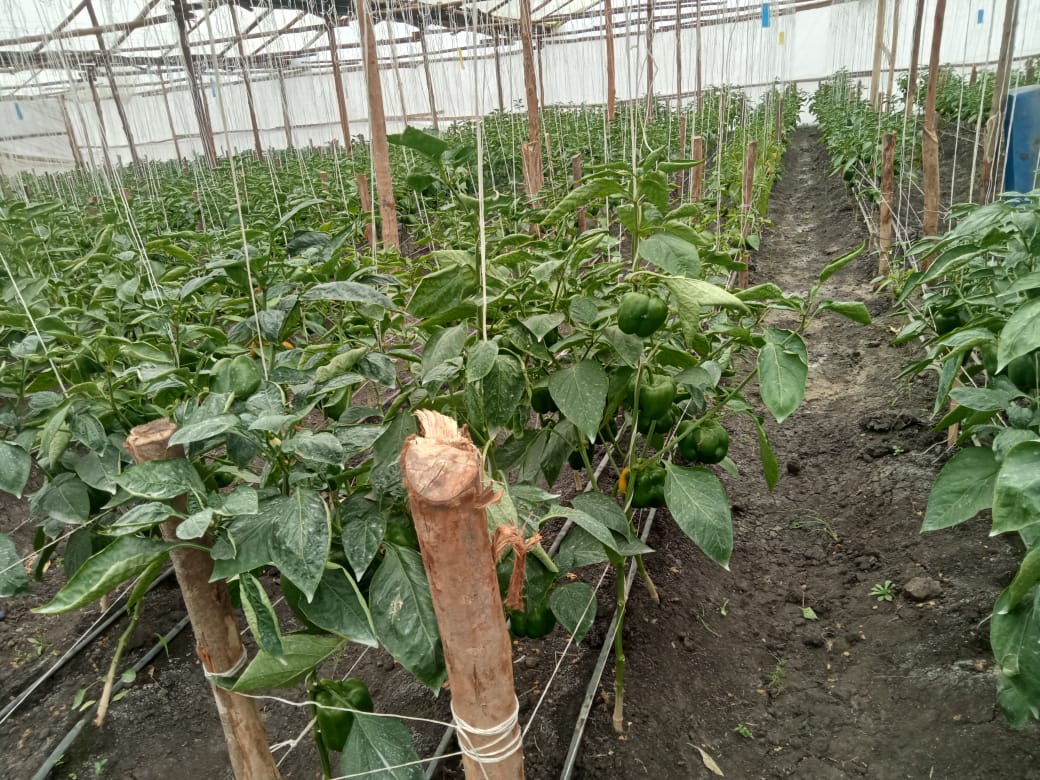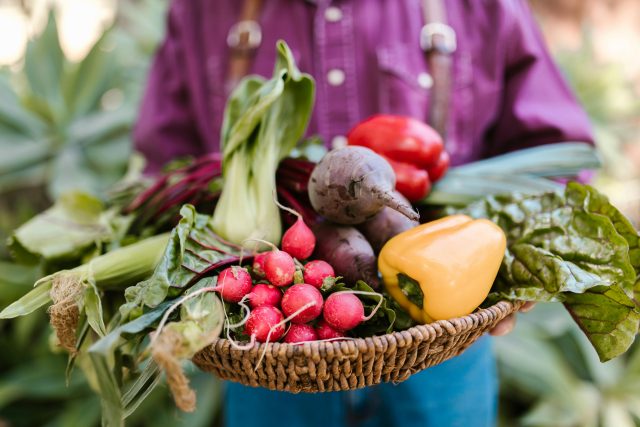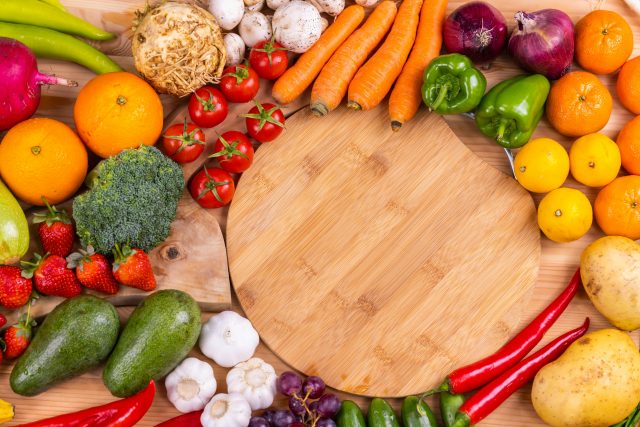Our Community
Programmes
The 2-acre model farm in Isinya serves as a hub for research, innovation, and hands-on training in climate-smart agriculture. Situated in Kajiado County’s drylands, this demonstration farm is designed to address the unique challenges of arid regions, providing a practical environment for developing sustainable farming techniques. At the model farm, we conduct extensive research to identify resilient crop varieties, water-efficient irrigation methods, and soil restoration practices. These insights are then shared with local farmers through training sessions.

Our 25-acre farm is a dedicated space where local farmers can apply their newly acquired climate-smart agriculture skills in a real-world setting. After completing training, farmers are given access to individual plots on this farm, where they can practice sustainable techniques under optimal conditions, including well-established irrigation systems. This transition phase allows them to gain confidence, refine their skills, and observe firsthand the benefits of climate-smart practices before committing to similar investments on their own land.

Our 10,000,000 Trees Nursery is a cornerstone of our commitment to restoring the environment and fostering a greener future. With a vision to grow and distribute 10 million trees over the next three years, our nursery produces a diverse range of fruit trees and indigenous tree species. These trees not only contribute to reforestation but also support local food security and biodiversity. We collaborate with schools, churches, organisations, and individuals to lead community-driven tree-planting initiatives. Through these partnerships, we organise tree-planting drives that engage and educate people on the importance of environmental stewardship and climate action.

We are currently constructing two water pans to provide essential water storage solutions for the dry season. These water pans will capture and store rainwater, offering a reliable source for sustainable agriculture in the farm, livestock, and household use throughout the year. In addition to serving as a practical resource, the water pans will play a key role in our training programs. Here, we will teach local farmers and community members how to efficiently collect, store, and manage rainwater through hands-on lessons in water collection techniques, piping installation, and sustainable irrigation practices.




